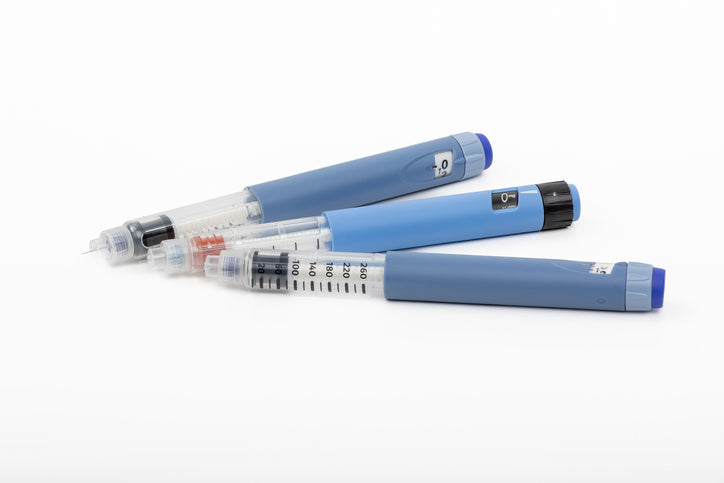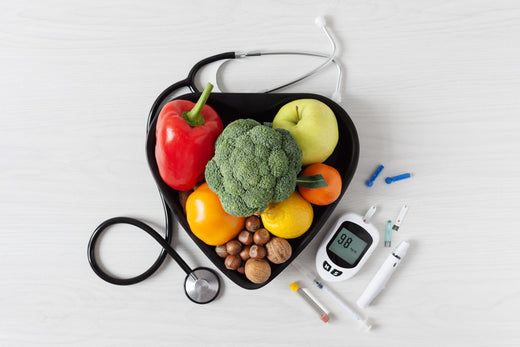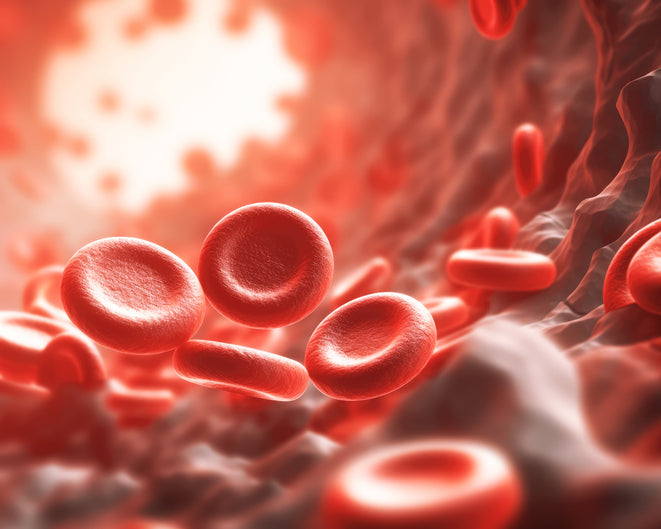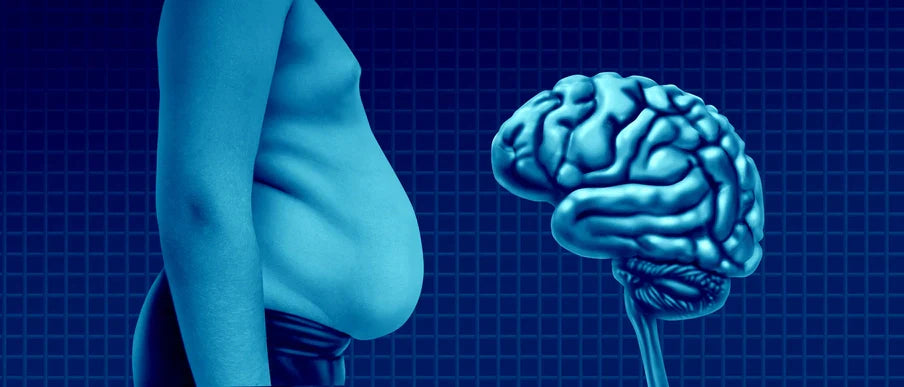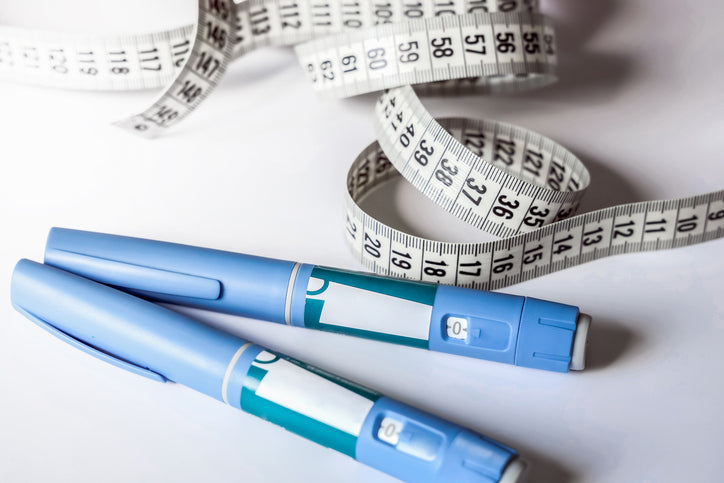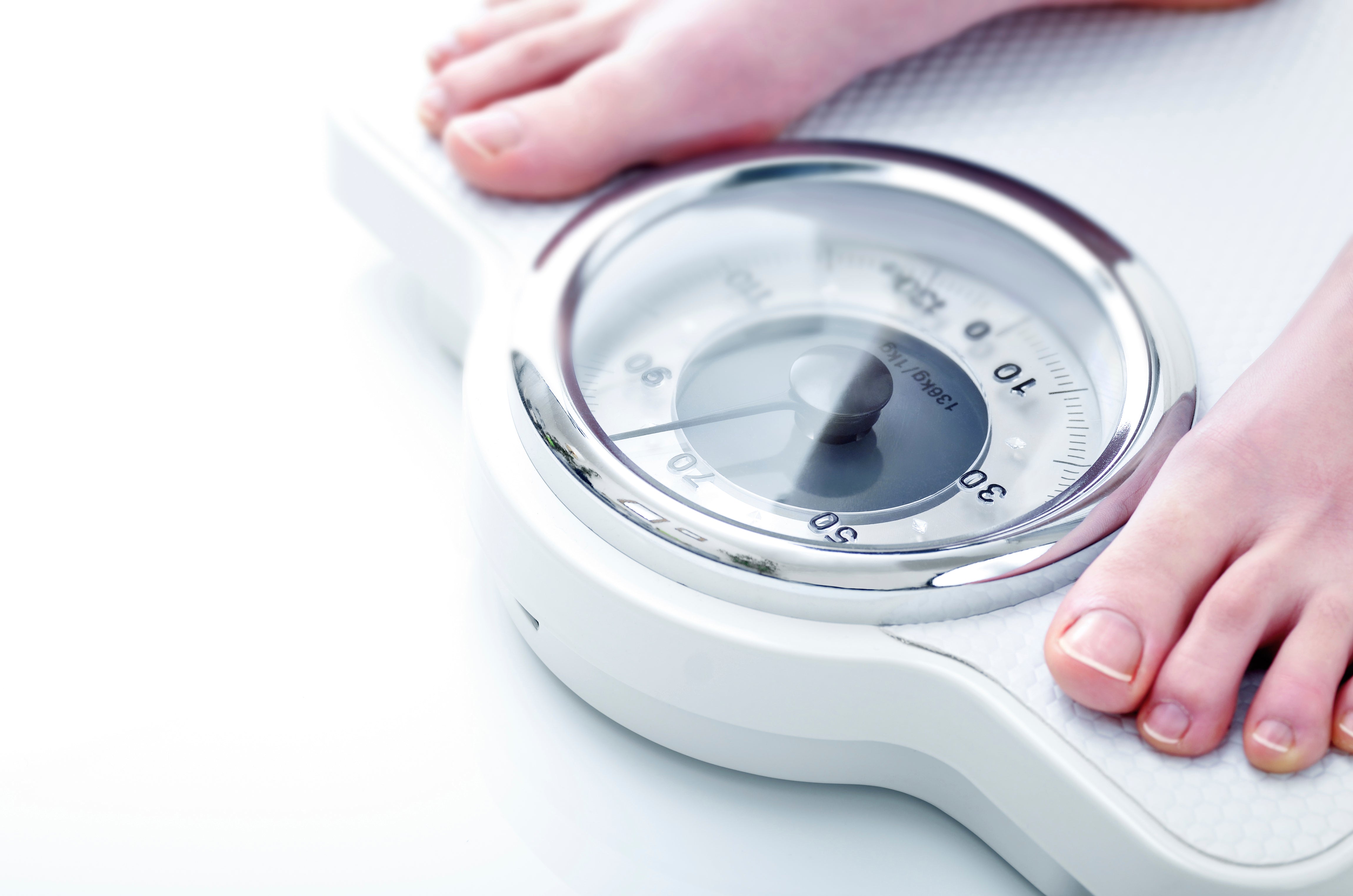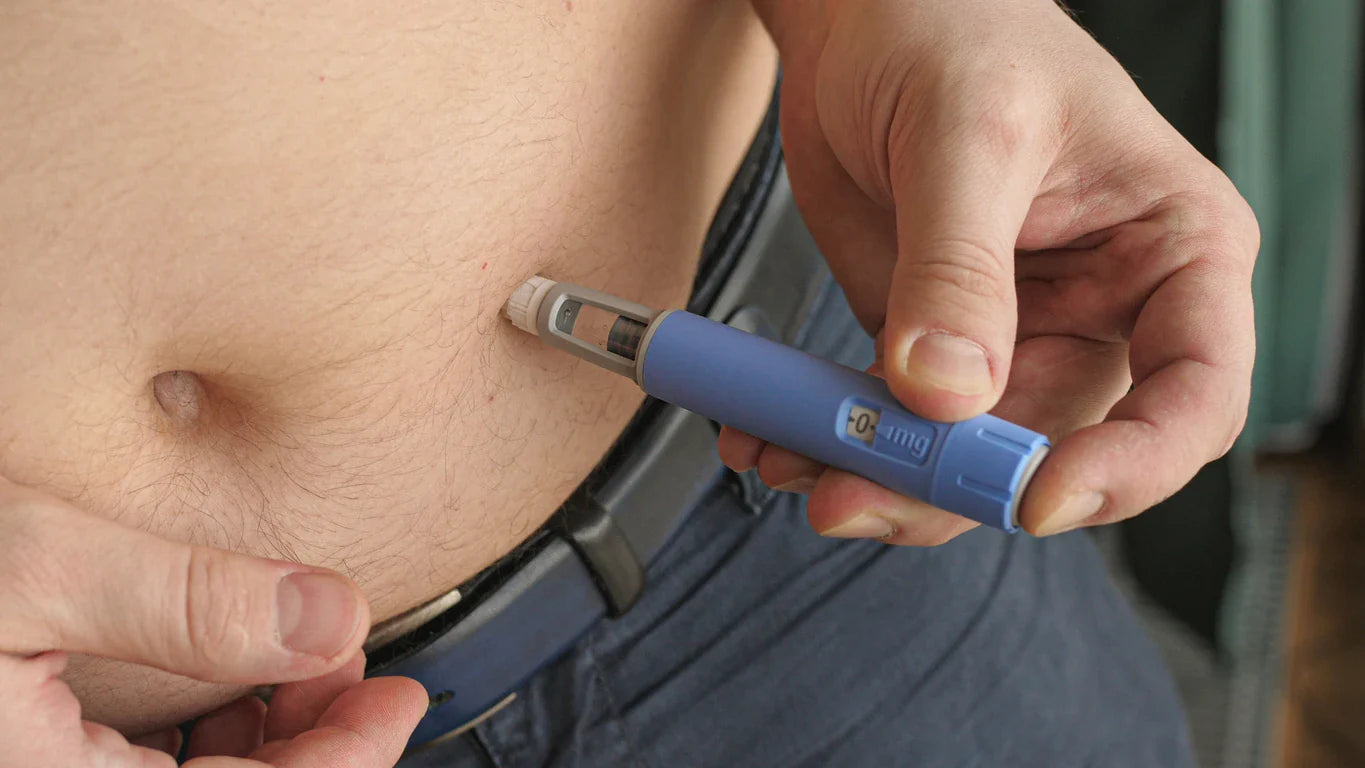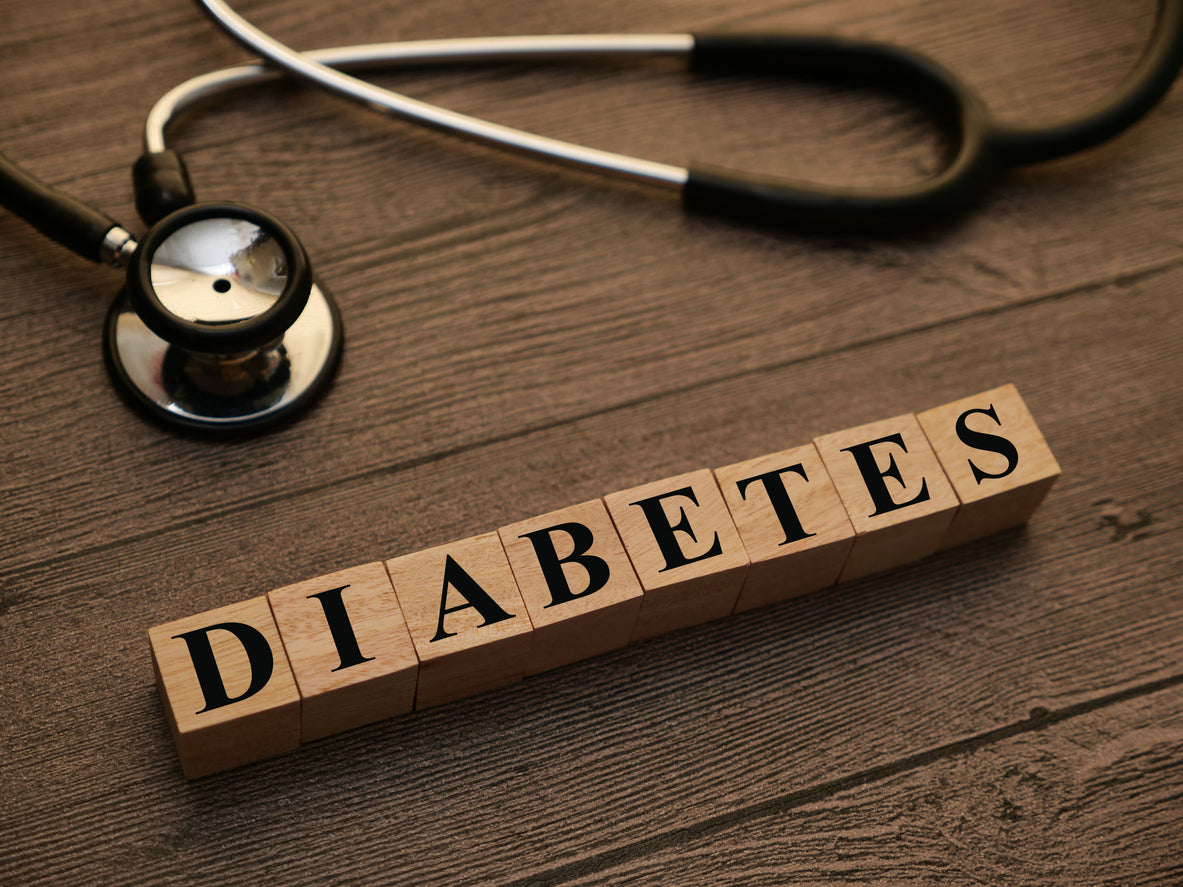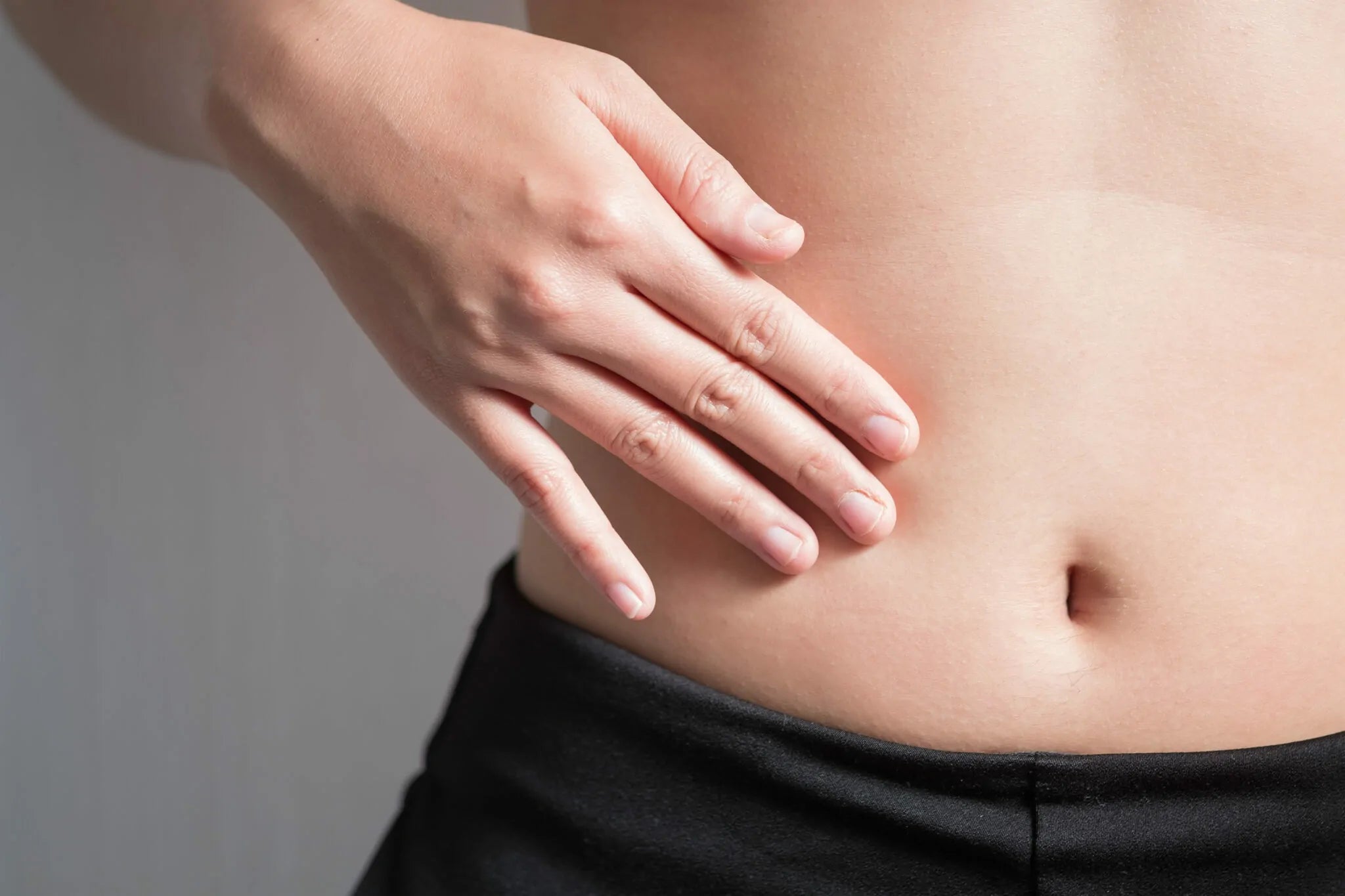In an era where the obesity epidemic is growing at an alarming rate, we are not only witnessing an increase in related conditions such as type 2 diabetes, cardiovascular diseases, and metabolic syndrome, but also a hidden yet profoundly impactful consequence: reduced fertility.
For many men, being overweight or obese is not just a matter of physical well-being but also reproductive health, with studies showing that obese men often struggle with reduced sperm quality and fertility issues. This type of infertility is defined as the inability to achieve pregnancy after 12 months of regular, unprotected intercourse, and it is an increasing challenge for many couples worldwide.
But why does obesity affect sperm quality? And how can dietary approaches offer a solution?
New research is shedding light on how specific dietary interventions, especially Very Low-Calorie Diets (VLCD) and Total Diet Replacement (TDR), can play a significant role in improving sperm quality in men with elevated BMI. While weight loss itself was previously assumed to be the key to better fertility, new insights reveal that the method of weight loss and the composition of the diet are crucial factors.
This article explores the latest scientific findings that demonstrate how dietary interventions can not only promote weight loss but also increase sperm motility—an essential component for sperm cells to effectively reach and fertilize the egg. We will delve into various strategies and highlight how a tailored, evidence-based approach can be a promising step toward improving fertility in men with obesity.
What Does the Research Show?
An international study, Improvements in Sperm Motility Following Low- or High-Intensity Dietary Interventions in Men with Obesity, examined the effects of dietary solutions on sperm quality in men with a BMI over 30 kg/m². The trial compared a low-calorie diet (800 kcal daily for 16 weeks) with a short-term dietary intervention based on the NHS’s Eatwell Guide. The primary focus was on sperm motility, a key marker for fertility. Sperm motility refers to the sperm cells’ ability to move effectively, which is crucial for reaching the egg and achieving fertilization.
A Danish source from the Knowledge Council for Prevention further supports that weight loss can improve sperm quality in men with obesity. According to their report on Obesity and Reproductive Health, there is evidence that weight loss through dietary interventions, particularly low-calorie diets, can enhance fertility in men with elevated BMI.
The report emphasizes that it is not just the amount of weight loss but also the type of weight-loss strategy that impacts sperm quality results. The study’s findings showed that men who followed VLCD experienced significant weight loss compared to those who followed the short-term dietary intervention. This weight loss had a direct positive impact on sperm motility. For men with normal sperm concentration, researchers observed significant improvements in both total and progressive motility, indicating that weight loss through VLCD can enhance the sperm’s ability to move forward toward the egg.
For men with oligozoospermia (low sperm concentration), improvements were also observed in both groups, although there were no significant differences between the two dietary interventions. This supports that even less intensive dietary changes can positively affect men with low sperm concentration, but it also raises the question of whether more targeted and individualized approaches could optimize the results.
Benefits of Dietary Interventions Compared to Surgical Methods
It is well-documented that weight loss can improve sperm quality, but how the weight loss is achieved is an important factor. Bariatric surgery is often an effective solution for weight loss, but studies show that this method does not necessarily improve sperm quality in all cases.
This highlights the potential of less invasive, diet-based methods such as VLCD and TDR. By significantly reducing calories while ensuring adequate nutrition, these methods can deliver substantial weight loss without the need for surgery. Compared to bariatric surgery, VLCD and TDR carry fewer risks and can be easier to implement, particularly for men who seek a non-invasive approach to weight loss and improved reproductive health.
Nutritional Considerations for Better Sperm Quality
In addition to calorie restriction, the composition of the diet is also crucial. Several studies have shown that a diet rich in antioxidants such as vitamins C and E, as well as minerals like zinc and folic acid, can significantly improve sperm quality. Antioxidants play an important role in reducing oxidative stress, which is often associated with poor sperm quality and infertility in men.
Furthermore, omega-3 fatty acids, found in fish and seafood, have been shown to improve sperm motility and overall sperm quality by reducing inflammation and supporting cell membrane function. A diet plan that incorporates these elements can therefore be an effective way to support men in their fertility journey.
Clinical Recommendations
As a clinical dietitian, it is essential to tailor weight loss strategies to each individual’s unique situation, needs, and resources. Based on current research findings, the following recommendations can be considered:
- Individualized Weight Loss Interventions: Tailor plans that combine VLCD and TDR for individuals seeking rapid results. For those needing a more gradual and sustainable approach, Behavioral Diet Interventions (BDI) may be more suitable, as these methods allow for a slower and more controlled weight loss process.
- Diet Education: It is important to educate individuals about the importance of a diet rich in antioxidants, omega-3 fatty acids, and other essential micronutrients. This can further support improvements in sperm quality and help maintain weight loss.
- Ongoing Follow-up and Support: Regular follow-ups ensure individuals remain motivated and achieve long-term results. Follow-ups also allow for the adjustment of interventions if necessary, tailoring the plan to meet individual needs and challenges.
- Multidisciplinary Collaboration: Collaboration with other health professionals such as endocrinologists and urologists can create a holistic approach to treating male infertility. Combining dietary interventions with medical expertise can optimize the chances of success and achieve better treatment outcomes.
Challenges with VLCD and TDR
While VLCD and TDR can be effective methods for both weight loss and improving sperm quality, there are certain challenges associated with these methods. VLCD requires high compliance, and maintaining such a low caloric intake over time can be challenging. Additionally, access to specialized diet products may be necessary, which are not always available or affordable for everyone. For some individuals, a less intensive approach such as BDI may be more realistic and sustainable, even if weight loss may occur at a slower pace.
A Path to Improving Fertility
Overall, research suggests that both intensive and more moderate dietary interventions can positively influence sperm quality in men with obesity. As a clinical dietitian, it is crucial to tailor treatment individually to ensure that weight loss interventions are both effective and sustainable in the long term. By combining nutritional guidance, weight loss, and multidisciplinary collaboration, men with obesity can achieve improvements in fertility, thereby increasing their chances of achieving pregnancy.
References
- Faure C, Dupont C, Sermondade N, Bujan L, Lévy R, Cedrin-Durnerin I (2014) "Improvements in Sperm Motility Following Low- or High-Intensity Dietary Interventions in Men with Obesity." Fertility and Sterility.
- National Health Service (NHS). (2024) "Eatwell Guide."
- Vidensråd for Forebyggelse (2024) "Obesity abd Reproductive Health".












